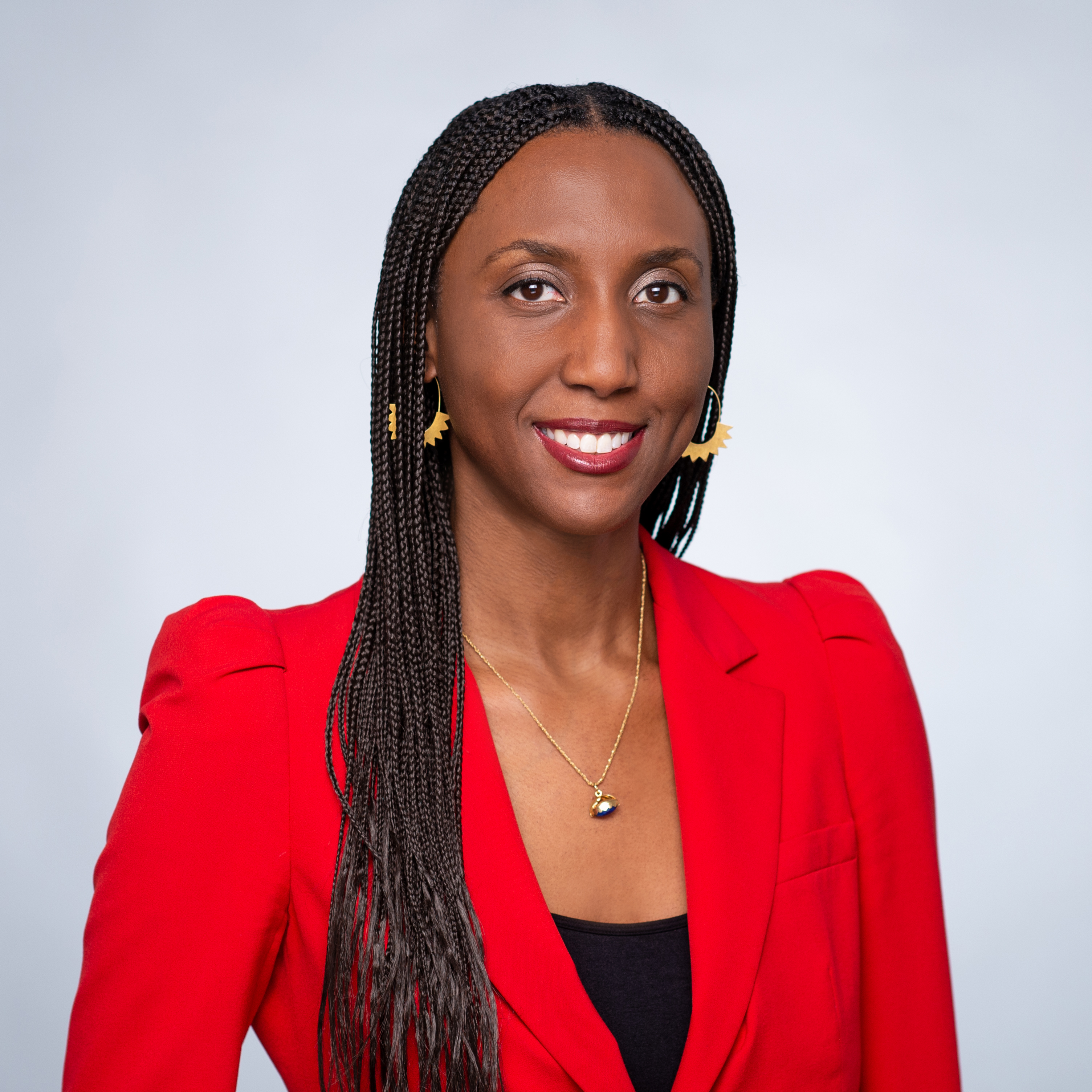https://www.leitnercenter.org/images/news/74.png' width="178">

The Leitner Center for International Law and Justice at Fordham Law School in partnership with the African Center for Development Law and Policy (ADCLP), with the support of the GE Foundation, held a two-day training on carbon markets in Accra, Ghana, on Tuesday 9th August and Wednesday 10th August, 2011. The training aimed to build upon our June 2011 Tapping Unused Potential for Sustainable Development: The Clean Development Mechanism and Ghana workshop with specific instruction on the relevant international treaties and mechanisms.
The international climate change regime includes mechanisms by which developing countries, who are under no obligation to reduce their emissions of greenhouse gases, can voluntarily host emission reducing projects funded by entities in the developed world. The project funders are then able to apply the avoided emissions to their own reduction commitments or sell them on carbon markets. While this arrangement promised great benefits for the developing world – foreign investment, job creation, technology transfer, and clean sustainable development – in practice, project developers have largely ignored Africa. Asia and Latin America host over 97% of projects worldwide, while Sub-Saharan Africa has a mere 2.0%. Looking ahead, new carbon markets and mechanisms are emerging, so it is important to look critically at the challenges frustrating project development in Africa and try to address them in new and existing mechanisms going forward.
With this goal in mind, the Leitner Center has partnered with the African Center for Development Law and Policy’s (ACDLP), Accra, Ghana, on a capacity-building project to study Ghana, a well-established democracy and emerging regional power in West Africa with solid investment appeal and a strong desire for sustainable development which, like so many other African nations, nonetheless, has no carbon market projects. Thanks to a generous grant of $75,000 from the GE Foundation, the Growing Green through the Rule of Law: Building for Carbon Markets in Africa project is working to identify obstacles and opportunities for the carbon trade in Africa. The carbon markets training was the project’s second event and very well received and attended.
Thirty stakeholders from government, industry, academia and civil society took part in two days of intensive instruction from expert lecturers, including Fordham Law graduate Michael Kerstetter (’06), who is now an associate in the Energy, Infrastructure and Project Finance group of White & Case. The training provided an overview of the international climate change treaties, markets and mechanisms, to assist members of Ghanaian government, industry and civil society to further their awareness and understanding of international climate law, policy and markets, in particular the opportunities present for promoting sustainable development in Ghana. Following the suggestions of participants of the June workshop, the objective was to build capacity on the legal and regulatory frameworks surrounding carbon markets – both internationally and in Ghana – and, thereby, support project developers seeking to address relevant legal issues under new and existing mechanisms. The training involved interactive lectures to promote learning and exchange, and aid in the crafting of both individual projects and more general policies going forward. More specifically, the first lecture examined the nature of the climate change problem, its policy implications, and the international response, with an analysis of the 1992 United Nations Framework Convention on Climate Change (UNFCCC), the 1997 Kyoto Protocol, and the 2001 Marrakesh Accords. Lecture Two reviewed the flexible mechanisms introduced under the Protocol: Emission trading, joint implementation and the clean development mechanism (CDM), with a particular focus on the latter as most relevant to developing countries like Ghana. Following this examination of the existing regime, Day Two explored two critical new approaches in turn: Reduced emissions from deforestation and degradation (REDD), and Nationally Appropriate Mitigation Actions (NAMAs). Finally, the training concluded with an analysis of the international carbon markets, including the European Union Emission Trading Scheme; emerging markets in other jurisdictions, particularly in Asia; voluntary carbon trading markets; and the future of the CDM and carbon markets, generally.
To view the training program, please click here.
For more information, please visit the program website at www.ghanacarbonlaw.org..





